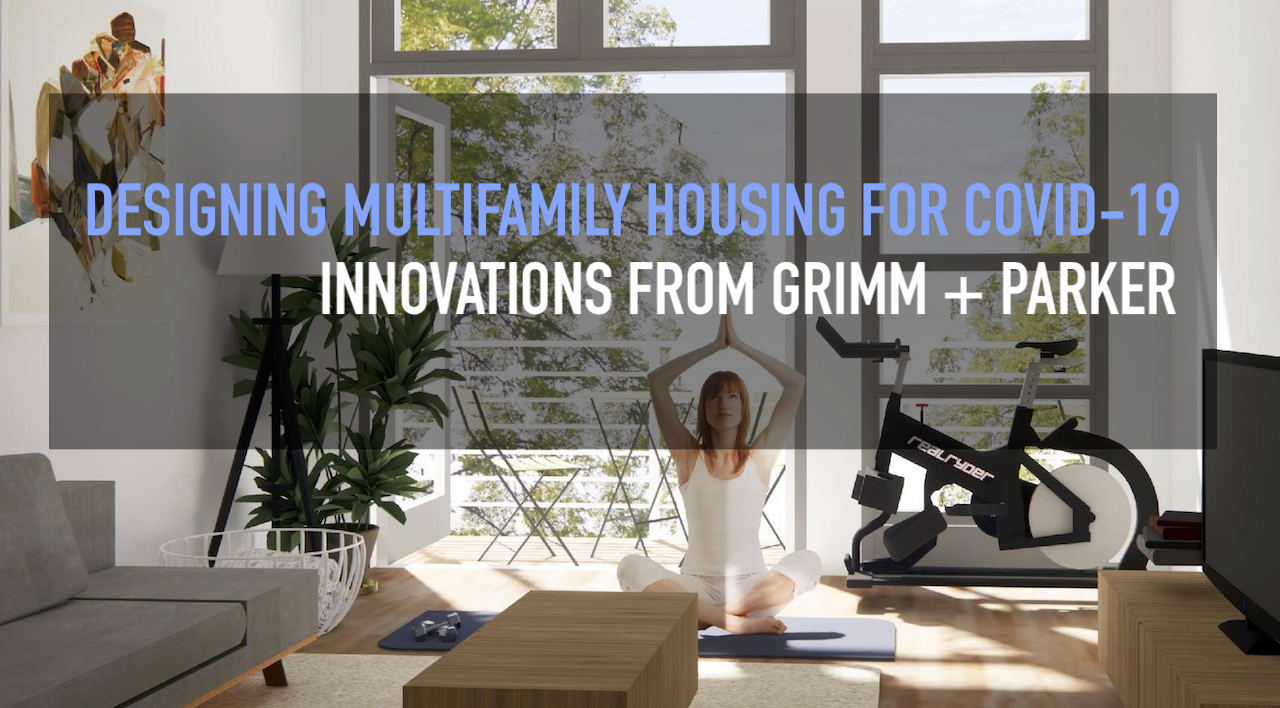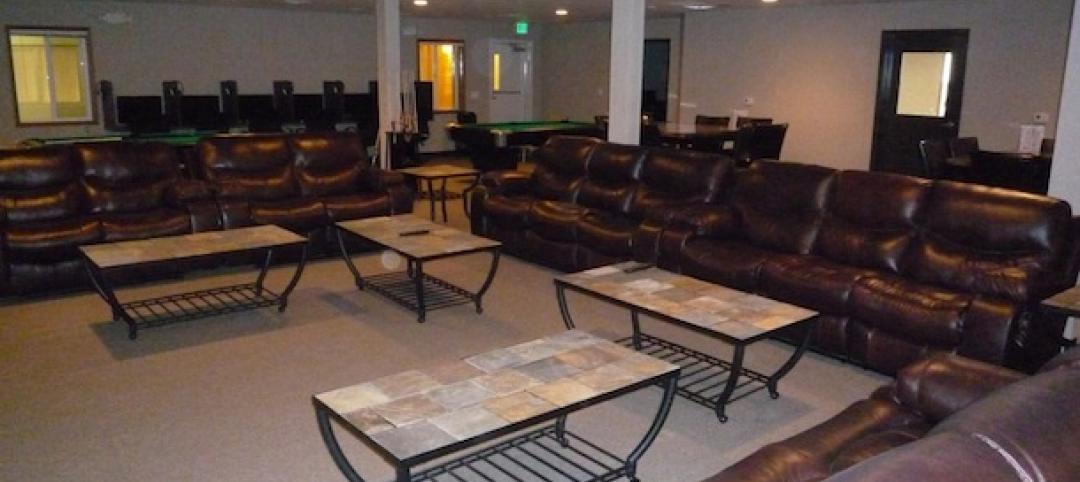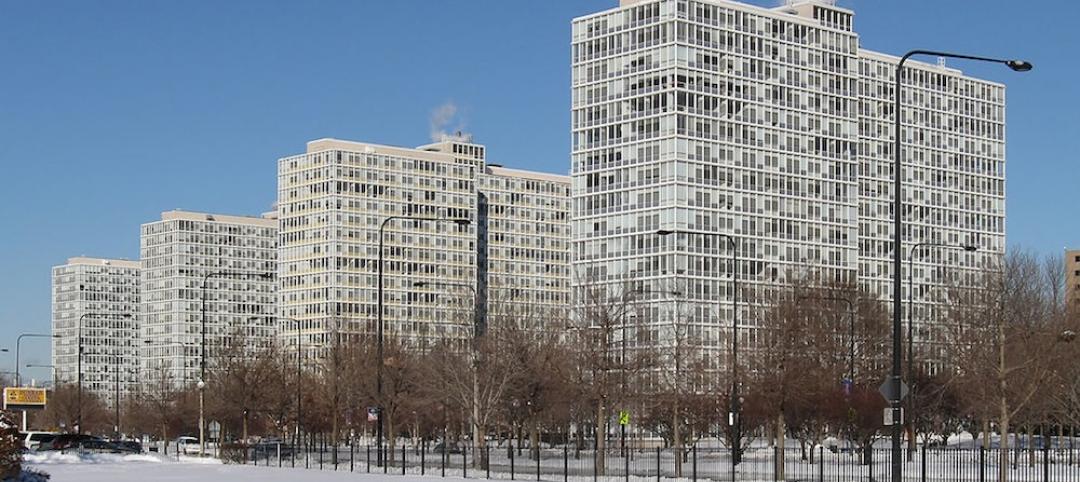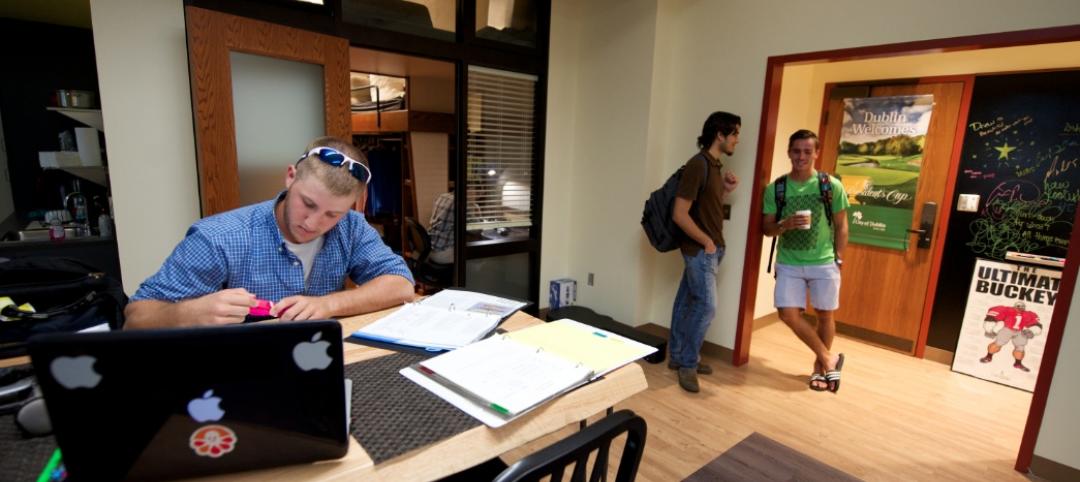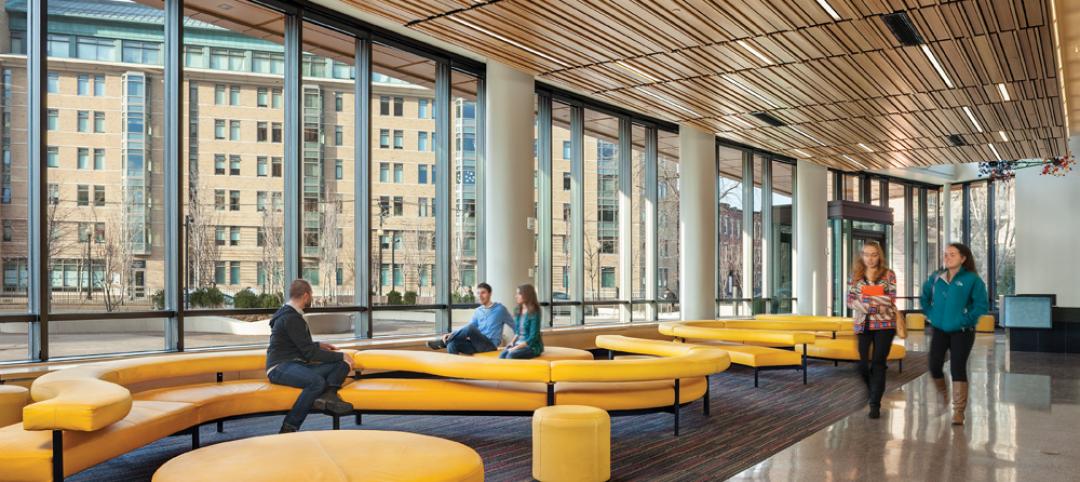Nearly 40 million Americans live in apartments. And because of the COVID-19 pandemic, developers and residents have been forced to rethink apartment living in terms of health, space, and utility.
To capture these thoughts, and to understand the future of multifamily housing, a team at Grimm + Parker Architects, which specializes in affordable and sustainable architecture projects, last summer conducted a fact-based exploration of the challenges and pressures that developers and residents experienced during the health crisis, and how those factors are likely to affect apartment design.
Other design firms have speculated on the impact COVID-19 is likely to have on apartment living, but far fewer have provided solutions as specifically as Grimm + Parker.
In this exclusive interview for HorizonTV, BD+C Executive Editor Rob Cassidy interviews three designers from Grimm + Parker Architects about proposed new ways to design multifamily communities in the face of the Covid-19 pandemic. Zak Schooley, Lauren Gilmarten, and Julio Cruz discuss new design concepts for typical apartment units, common open spaces, fitness centers, and community mailrooms and office spaces to make them safer and healthier for tenants and visitors.
For more, read BD+C's recap article, A post-pandemic ‘new normal’ for apartment buildings.
Related Stories
Sponsored | | Dec 3, 2014
Modular Space Showcase: Bringing work-life balance to energy workers in the Bakken region
To meet the demands of the booming energy business, Williston needs to provide homes, recreation centers, restaurants, hotels, and other support facilities for the tidal wave of energy workers relocating to the Bakken Shale area. SPONSORED CONTENT
| Dec 2, 2014
First existing multifamily buildings to earn Energy Star certification unveiled
River City in Chicago is one of 17 existing multifamily properties to earn Energy Star certification, which became available to this sector on Sept. 16 via a scoring system for multifamily properties that Energy Star and Fannie Mae had been developing for three years.
| Dec 2, 2014
SPARK designs urban farming housing for Singapore’s elderly population
The proposal blends affordable retirement housing with urban farming by integrating vertical aquaponic farming and rooftop soil planting into multi-unit housing for seniors.
| Nov 24, 2014
Adrian Smith + Gordon Gill-designed crystalline tower breaks ground in southwestern China
Fitted with an LED façade, the 468-meter Greenland Tower Chengdu will act as a light sculpture for the city of Chengdu.
| Nov 24, 2014
Must see: Plans released for underwater city that could house 5,000 people
The design centers around a floating, 500-meter-wide sphere linked to a resource center on the ocean floor via a 15-kilometer, helix-shaped path.
| Nov 21, 2014
Rental apartment construction soars to 27-year high: WSJ report
The multifamily sector is now outpacing the peak construction rate in the previous housing cycle, in 2006, according to the WSJ.
| Nov 18, 2014
New tool helps developers, contractors identify geographic risk for construction
The new interactive tool from Aon Risk Solutions provides real-time updates pertaining to the risk climate of municipalities across the U.S.
| Nov 14, 2014
What college students want in their living spaces
In a recent workshop with 62 college students, architects from Little explored the changing habits and preferences of today's students, and how those changes affect their living spaces.
| Nov 11, 2014
Renzo Piano's third building at London Bridge Quarter approved, will be built adjacent to the Shard
Renzo Piano Building Workshop has been granted planning approval for its residential building at London Bridge Quarter—a 26-story apartment tower dubbed Feilden House.
| Nov 7, 2014
Arts college uses creative financing to build 493-bed student housing
Many states have cut back funding for higher education in recent years, and securing money for new housing has been tougher than ever for many colleges and universities. A recent residence hall project in Boston involving three colleges provides an inspiring example of how necessity can spawn invention in financing strategies.


